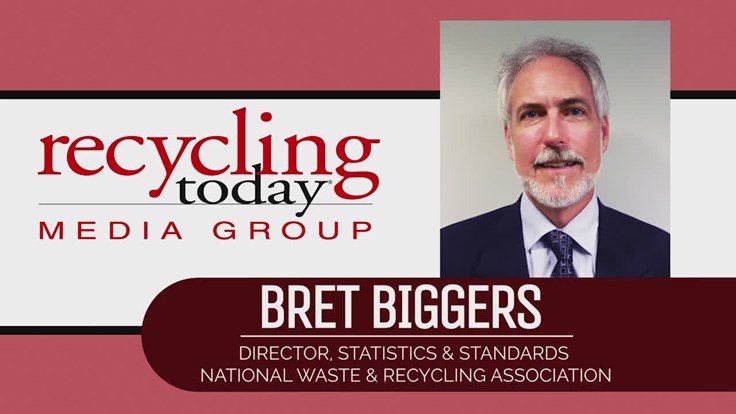The World Biogas Association (WBA) has been launched at the United Nations Convention on Climate Change (UNFCCC) COP 22 at Marrakesh, Morocco. Following the adoption by the United Nations of the Sustainable Development Goals and a universal, legally binding global climate agreement between the 195 national governments at the UNFCCC COP21 at Paris in December 2015, the founders have established the World Biogas Association to demonstrate the huge contribution the biogas and anaerobic digestion (AD) industries make to these goals and targets, and to facilitate the adoption of these technologies globally.
The World Biogas Association is dedicated to supporting the growth of biogas and anaerobic digestion technologies to maximize their contribution to the UNFCCC Commitments and the UN’s Sustainable Development Goals.
Companies, associations, universities, professionals and other organizations are able to be part of the global community demonstrating and delivering the value that anaerobic digestion and biogas contribute across all sectors by:
- reducing global greenhouse gas emissions by around 20 percent
- delivering flexible, storable baseload green gas
- fueling buses, tractors and other vehicles
- reducing and recycling food waste
- recycling sewage and waste water
- returning carbon to the farm
- keeping farmers farming sustainably
- restoring our depleted soils
- providing energy and biofertilizer to communities and villages in developing countries
- reducing poverty and hunger
“I am delighted to see this global perspective from the biogas industry. The potential to provide energy security by transforming the millions of tons of organic wastes which today are largely unused, is a huge potential indeed,” David Newman, president of WBA, said. “We are part of the circular economy, recovering energy and nutrients otherwise lost. We are part of the Bio Economy, delivering feedstocks to potential new industries, through green chemistry. We are part of the emancipation of communities detached from electric and gas grids, giving them energy autonomy. We are an ingredient of sustainability, delivering nutrients and renewable energy to the planet. And we have no time to lose to make this happen on a global scale.”



